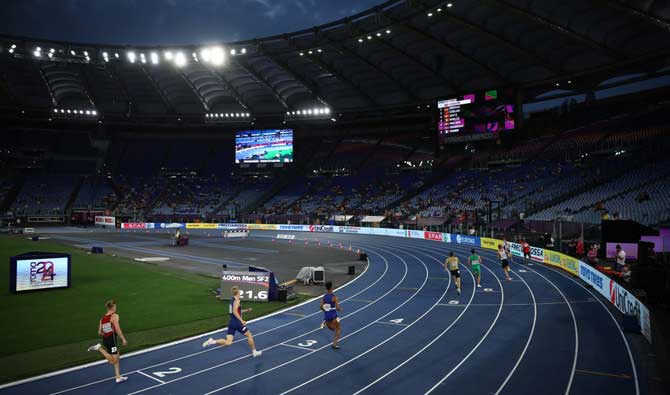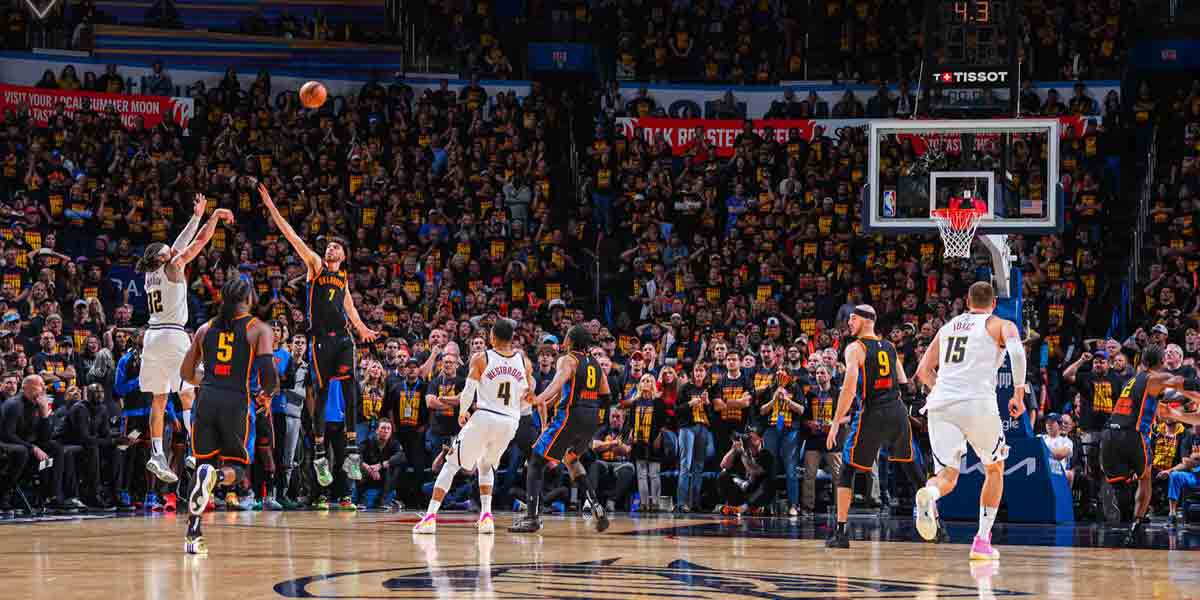
A recent study by sports scientists at Britain’s Nottingham Trent University suggests that traits typically deemed negative in social settings, such as self-centeredness, ruthlessness, and manipulativeness, may actually benefit athletes in achieving success in high-performance sports.
The research, published just weeks before the Paris Olympics, highlights the complex dynamics between personality traits and athletic achievement.
Lead author Joseph Stanford from NTU’s School of Science and Technology emphasized the relevance of these “malevolent” characteristics in sports.
“High-performance environments can often attract people who feel superior, are ruthless in the pursuit of winning, and have a heightened belief they can influence others for their own success,” he stated.
However, the study also notes potential downsides, particularly in coach-athlete relationships.
According to Stanford, “To win, athletes and coaches must perform together under high pressure, often in demanding and stressful situations. Our findings suggest we need to consider how personalities are likely to interact together in the sporting arena.”
The researchers assessed the personalities and relationship quality of over 300 elite athletes, including swimmers, triathletes, and cyclists, along with their coaches.
The study focused on the Dark Triad personality traits: narcissism, psychopathy, and Machiavellianism. While these traits are generally viewed negatively, they may provide advantages in competitive sports environments.
Laura Healy, senior author of the study published in the journal “Personality and Individual Differences”, highlighted the impact on coach-athlete dynamics.
“Our research shows why some coaches and athletes may struggle to work together — their unique personality traits make it hard to build a positive coach-athlete relationship,” she explained.
“Helping coaches and athletes to understand who their partner is and how to work with them could lead to better quality coach-athlete relationships within elite sport contexts, ultimately benefiting performance and sporting experience.”



















